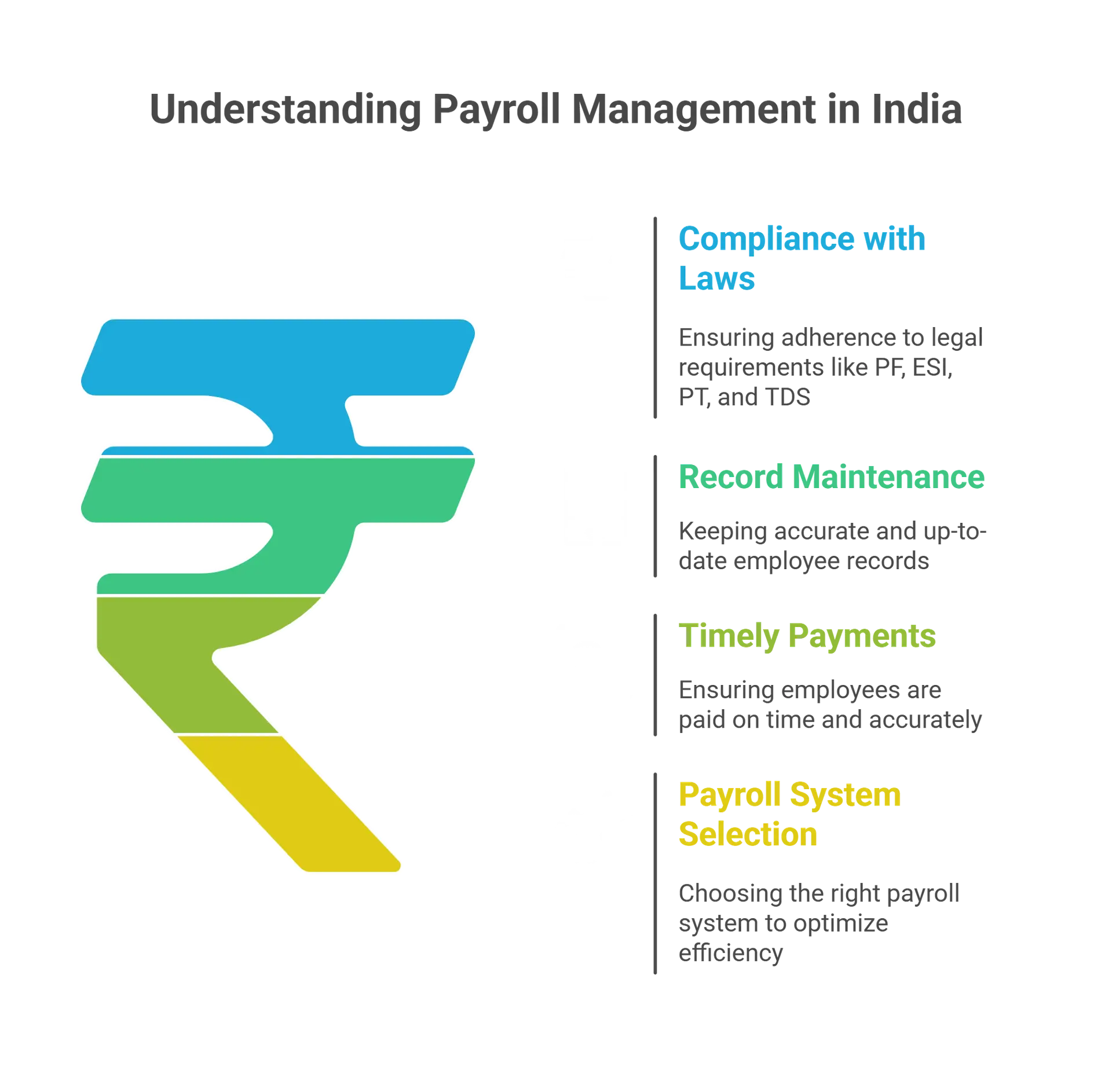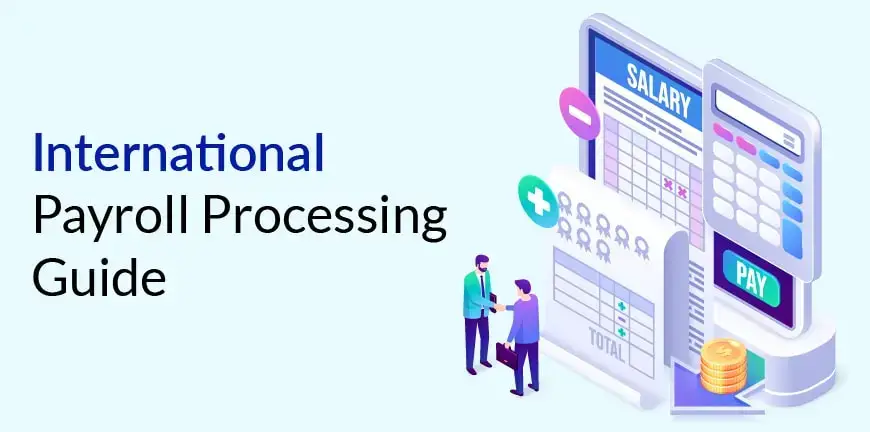Human Resource Management(HRM):
Human Resource Management (HRM) is a comprehensive discipline that focuses on the efficient coordination, organization, and administration of employees within an organization, with the aim of achieving the organization’s mission, vision, and goals. It encompasses a range of essential functions including employee recruitment, employee retention, selection, training, compensation, retention, and motivation.
The HRM department, commonly known as Human Resources (HR), plays a vital role in developing, implementing, and overseeing policies that govern employees and foster a productive relationship between the organization and its workforce.
HRM involves the formulation and implementation of personnel policies and procedures that align with the organization’s strategic management plans and support its overall business objectives. At its core, HRM is centered around fostering a culture that reflects the organization’s core values and empowers employees to optimize their productivity.
Objectives of Human Resource Management(HRM):
- The objectives of Human Resource Management (HRM) are crucial for the success of an organization.
- HRM aims to motivate employees to work collaboratively and efficiently in order to achieve the organization’s goals and objectives.
These objectives can be broadly categorized into four areas:
1. Social Objectives
2. Functional Objectives
3. Organizational Objectives
4. Personal Objectives
1. Social Objectives:
- The social objective of Human Resource Management (HRM) focuses on developing programs that address the economic, psychological, ethical, and social needs of employees.
- These programs include initiatives such as compensation and benefits programs, equal opportunity programs, community relations programs, disability employment programs, and more.
- The aim of these programs is to meet employees’ societal objectives, motivate them, and retain productive employees.
- To achieve its social objectives, Human Resource Management (HRM) enacts strategies that address the ethical and social requirements or difficulties encountered by the organization and its workforce.
- This includes addressing legal issues such as ensuring equal opportunity and equal pay for equal work.
- By prioritizing social objectives, HRM contributes to creating a workplace environment that promotes fairness, inclusivity, and social responsibility.
- It recognizes the importance of meeting employees’ societal expectations and aligning the organization’s practices with ethical and legal standards.
2. Functional Objectives:
- The functional objective of Human Resource Management (HRM) entails the development of organizational policies in adherence to relevant provisions and regulations pertaining to human rights, occupational health and safety, employment equity, labour relations, and employment standards.
- This endeavor ensures the preservation of a high-quality work environment and the promotion of ethical conduct among employees.
3. Organizational Objectives:
- Organizational objectives primarily revolve around the attainment of goals, profitability, and maximizing growth.
- In this context, HRM undertakes activities such as workforce planning, recruitment, training, and employee placement.
- It also plays a crucial role in recognizing and rewarding employee performance.
- The objectives of human resource management are instrumental in fulfilling these organizational objectives.
4. Personal Objectives:
- As the name suggests, personal objectives focus on fostering employee growth within the organization.
- HRM facilitates employee development through additional training opportunities and aids in the achievement of individual goals.
- The maintenance, retention, and motivation of employees are essential for meeting personal objectives.
- The objectives of human resource management are indispensable in ensuring the fulfillment of these goals.
By effectively addressing these objectives, HRM plays a pivotal role in managing the human capital of an organization, fostering employee relations
& engagement, and contributing to the overall success and competitiveness of the organization.
Functions of human resource management:
- The functions of human resource management encompass a range of activities that are tailored to the specific industry, business size, and workforce composition.
- The primary objectives revolve around talent acquisition, talent development, and enhancing communication and coordination among employees.
The primary functions of human resource management encompass:
1. Job Analysis:
- Assessing the required skills for various positions.
- Determining appropriate compensation structures.
- Developing effective training programs.
2. Workforce Operations:
- Establishing policies and procedures to ensure employee health and safety.
- Addressing employee grievances and concerns.
- Assisting with regulatory compliance and adherence to legal requirements.
3. Performance Measurement:
- Evaluating employee performance through objective assessments.
- Delivering constructive feedback to enhance the performance of individuals and teams.
- Facilitating promotions and, if necessary, managing dismissals.
4. Incentive Programs:
- Recognizing and rewarding achievements to motivate employees.
- Implementing incentive programs to acknowledge high-performing individuals.
- Aligning business objectives with employee ownership and engagement initiatives.
5. Professional Development:
- Facilitating orientation to advanced educational programs and opportunities
- Offering employee training and development initiatives
- Promoting continuous learning to reduce turnover and minimize the need for excessive supervision.
Recruitment and Onboarding of Staff:
A managerial HR role typically involves the recruitment, hiring, and training of new employees. The HR team assumes the responsibility of sourcing candidates who possess the required qualifications for specific roles and thoroughly assessing the suitability of individuals for employment within the organization.
Key tasks in this process include conducting interviews and reviewing resumes, conducting thorough background checks on applicants, overseeing or spearheading training procedures, introducing innovative training methodologies, crafting comprehensive job descriptions, advertising job openings, and actively recruiting potential candidates. Additionally, HR plays a crucial role in creating a positive and impactful impression on behalf of the company, as it is often the initial point of contact for prospective candidates.
Risk Management and Compliance:
The HR department collaborates with organizational leadership development to effectively manage risk and ensure compliance. HR managers should possess a strong understanding of business law, ethics, statistics, and problem-solving to contribute to the company’s risk management efforts.
As an HR manager, you may assume the following responsibilities related to risk management:
- Utilizing company data to analyze statistical risk
- Addressing and preventing potential lawsuits
- Overseeing termination practices to mitigate risks
- Providing comprehensive training to other managers
- Implementing diversity initiatives
- Safeguarding sensitive information and upholding data privacy
- Thoroughly vetting new hires and enhancing recruitment procedures
Ultimately, human resource management aims to protect both the company and its employees. As a risk management specialist, you will leverage statistical analysis, knowledge of business law, and the enhancement of company policies and practices to effectively manage risks.
Compensation Management and Benefits Negotiation:
One of HR’s core responsibilities involves managing employee compensation and benefits. Properly administering compensation, time off, and insurance plays a pivotal role in maintaining high employee satisfaction. As an HR manager, you will be responsible for the distribution, communication, and enhancement of compensation and benefits packages.
The duties within this realm may include:
- Negotiating insurance packages with vendors.
- Effectively communicating benefits to new hires.
- Managing payroll processes.
- Organizing employee documentation for payment and tax purposes.
- Overseeing vacation time, paid time off, and sick leave.
- Handling salary increases and bonuses for staff members.
HR’s Broad Scope of Activities:
Over time, HR has transitioned from an administrative personnel department to a strategic partner that closely collaborates with management teams to drive organizational development. Its key activities encompass the following areas:
- Strategic planning
- Performance Appraisal
- Recruitment
- Training and development
- Talent management
- Payroll administration
- Policy development
- Employee and labor relations
- Risk management
By effectively managing these functions, human resource management plays a crucial role in optimizing workforce productivity, fostering a positive work environment, and supporting the overall success of the organization.
Also, The HR manager must familiarize themselves with the labor laws applicable in their country of work since most essential HR tasks are interconnected with and regulated by the labor laws specific to that particular country.
Why Choose NF Business Solutions for Your Human Resource Management Needs?
NF Business Solutions offers a compelling choice for your human resource management requirements. Our HR management solutions are designed to provide comprehensive automation and streamline processes, enabling HR professionals to devote more time to their people and alleviate administrative burdens. Our packages cater to basic needs while offering customization options to address specific requirements.
Here are several distinguishing characteristics that differentiate us from others:
- Powerful Workforce Reporting: Our HR outsourcing services provide robust reporting capabilities, transforming raw data into valuable insights for informed decision-making.
- Preconfigured New Hire Templates: Recognizing the significance of an efficient onboarding process, our solution includes preconfigured templates that simplify and standardize the onboarding of new hires.
- Our HR services incorporate industry-recognized security measures to safeguard data from unauthorized access, breaches, or loss. By adhering to stringent security protocols, we assure our clients of the privacy and integrity of their HR data.
Wrap-up:
At NF Business Solutions, we are committed to enhancing the productivity of HR professionals and elevating the employee performance and experience through our automated and user-friendly HR management solutions.








